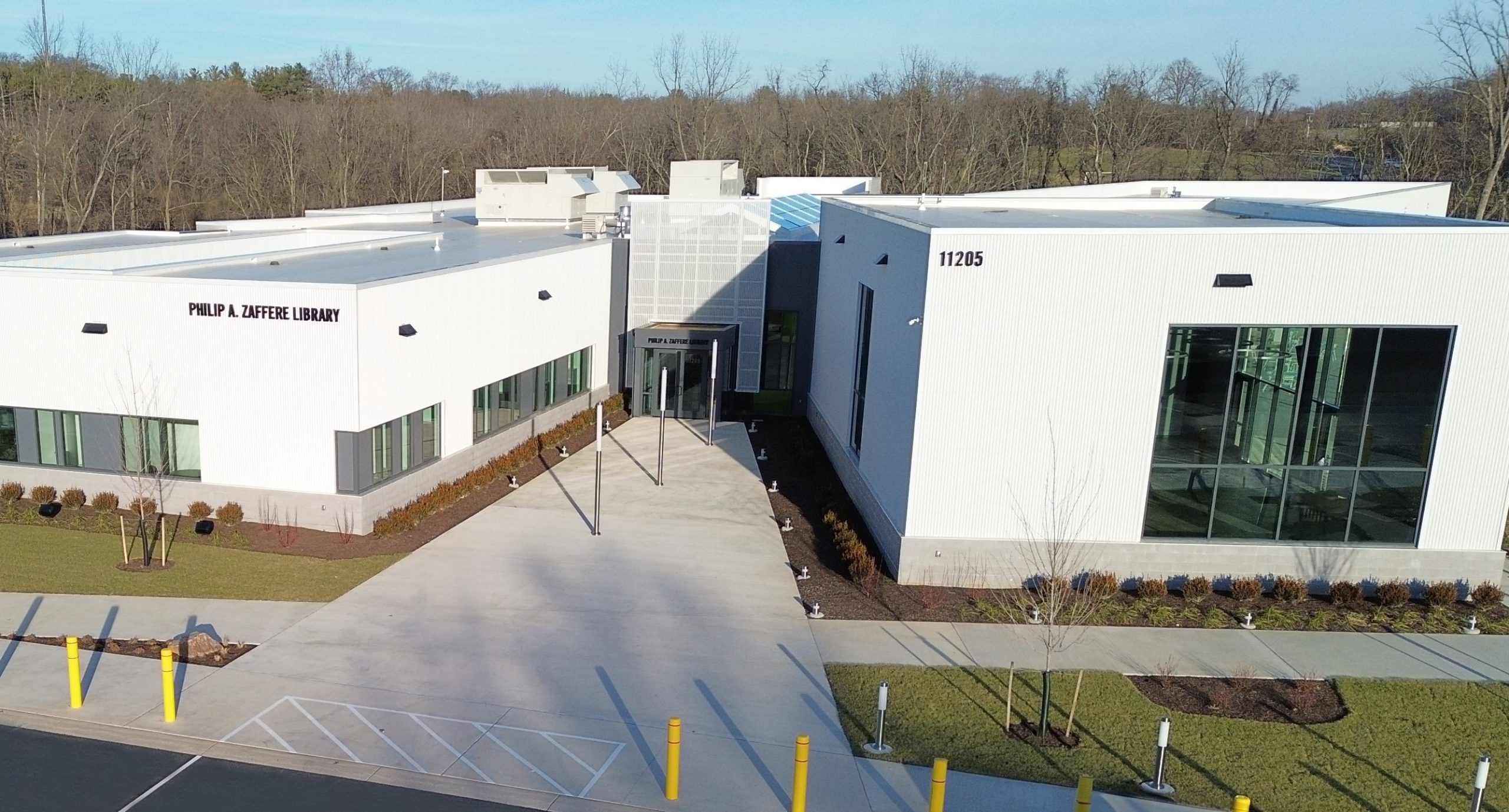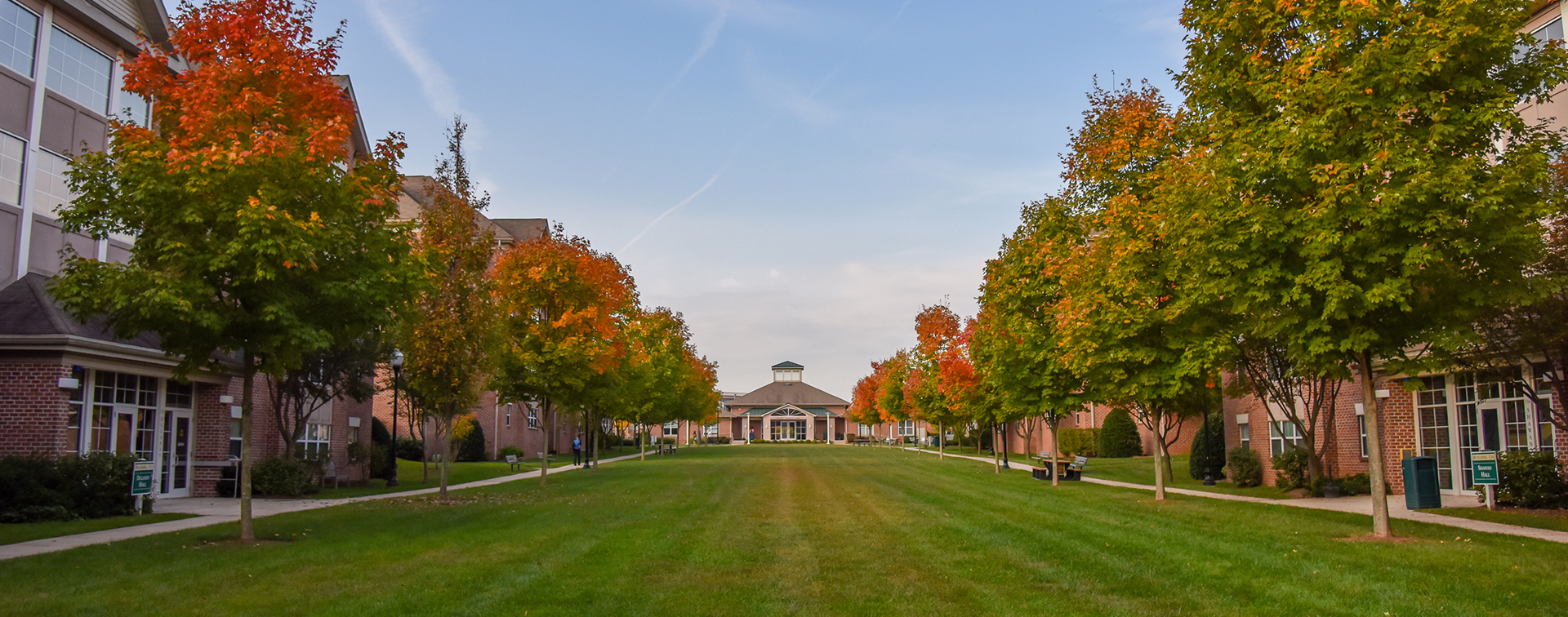Invest in Opportunity
There’s more than one way to finance your education – you’re worth the investment. Explore multiple loan options that you can pay back on your own time.
A part of your financial aid award may be a loan from the Federal Direct Student Loan Program. A loan must be repaid. Therefore, when deciding whether to borrow, you should examine your need for assistance and your future ability to repay. Generally, you will have from 10 to 25 years to repay your loan, depending on the repayment plan you choose. Your monthly payment amount will be based on how much you borrowed and how long you take to repay. Direct Loans have a fixed interest rate that differs depending on the loan type. The terms and conditions of all loans are explained in the Master Promissory Note which all borrowers must complete and sign. Instructions for completing the Master Promissory Note are included in the Financial Aid Award Guide.
The SU Financial Aid Office now requires all students to accept their federal loans through the Stevenson University Self-Service portal. Please view the Self-Service Loan Guide for step-by-step instructions on how to accept or decline your students loans.
We’re here to guide you through choosing the right financial path. Our mentoring and personalized attention, supportive campus community, career focus, and exceptional experiences in and out of the classroom are all part of the “Best Value” that we bring to your education.
Get Started with FAFSA
Complete your Free Application for Federal Student Aid (FAFSA) today to ensure your timely access to scholarships and aid that will cut the cost of your education.
Federal Direct Student Loans for Undergraduate Students
There are two types of Federal Direct Student Loans for undergraduates. Both loans require a student be enrolled at least half-time (at least 6 credits per semester).
- Direct Subsidized Student Loans- For students with financial need, as determined by federal regulations. No interest is charged while you are in school at least half-time, for the first six months after you leave school (referred to as a grace period)*, and during a period of deferment (a postponement of loan payments).
- Direct Unsubsidized Student Loans- Not based on financial need; interest is charged during all periods.
For more complete information on the Direct Loan Program, visit the federal website, studentaid.gov. According to federal regulations, the maximum you can borrow each year is based on your grade level and dependency status as indicated on the chart below:
| Level | Undergraduate Dependent Student | Undergraduate Independent Student |
| Freshman Undergraduate (0 to 26.5 credit hours) | $5,500 (maximum $3,500 subsidized) | $9,500 (maximum $3,500 subsidized) |
| Sophomore Undergraduate (27 to 54.5 credit hours) | $6,500 (maximum $4,500 subsidized) | $10,500 (maximum $4,500 subsidized) |
| Junior/Senior undergraduate (55+ credit hours) | $7,500 (maximum $5,500 subsidized) | $12,500 (maximum $5,500 subsidized) |
| Maximum Total Debt from Subsidized and Unsubsidized Loans when you graduate | $31,000 (maximum $23,000 subsidized) | $57,500 (maximum $23,000 subsidized) |
Federal Direct PLUS (Parent) Loan for Undergraduates
The Federal Direct PLUS Loan Program is authorized to charge an origination fee for each loan. The fee is a percentage of your total amount borrowed and is deducted from your loan before the loan disbursement is sent to Stevenson University. Loan origination fees are changed on October 1 of each year.
FSA Student Loan Ombudsman
Students or parents receiving Direct Student Loans or Plus Loans should be aware that if they are in a dispute about a federal student loan, they can contact the Federal Student Aid Ombudsman Group.
Make every effort to resolve your student loan problems by submitting a complaint through the Federal Student (FSA) Feedback Center before contacting the Ombudsman Group.
The FSA Student Loan Ombudsman Group may be contacted one of the following ways:
- Telephone: 877-557-2575
- Fax: 606-396-4821
- Mail: FSA Ombudsman Group | P.O. Box 1843 | Monticello, KY 42633
Alternative Student Loans
Alternative Student Loans, also commonly referred to as Private Education Loans, are consumer loans offered by banks, credit unions and other private lenders to cover the cost of college not covered by financial aid. Before applying for an Alternative Student Loan, the student and parent of a dependent student should compare the terms of the loan with loan assistance available through the Federal Direct Student Loan and Federal Direct Parent PLUS Loan Programs. Most Alternative Student Loan Programs are not competitive with the Federal Loan Programs and are only intended to provide supplemental education financing after all federal options are exhausted.
If you live in the following states, you should also review information about your state’s Private Education Loan Programs: Alaska, Connecticut, Iowa, Maine, Massachusetts, Minnesota, Montana, New Jersey, New York, North Dakota, Rhode Island, South Dakota South Carolina, Texas, Vermont, Wisconsin, and Wyoming.
Private Education Loan Applicant Self-Certification
The Higher Education Opportunity Act was signed into law on August 18, 2008. The Act requires all colleges to adopt a College Loan Code of Conduct. Stevenson University has adopted the College Loan Code of Conduct proposed by the Attorney General of the State of Maryland.
Resources
All of the resources you need to apply for financial aid in one place.
Money Matters
The Office of Student Accounts is dedicated to assisting students with their account needs throughout their experience at Stevenson University.
Help for Online Graduate and Undergraduate Students
Our Financial Aid Office is always available to provide support as you explore your financial aid options.
Contact Financial Aid
Ready to talk about financial aid? Reach out to us!
Address
100 Campus Circle
Garrison Hall North Room 241
Owings Mills, MD 21117
Direct Contact
443-334-3200 (phone)
443-352-4370 (fax)
Email Financial Aid
Schedule an Appointment
Monday – Friday
9:00 AM – 3:30 PM
Meet with your Financial Aid Counselor






